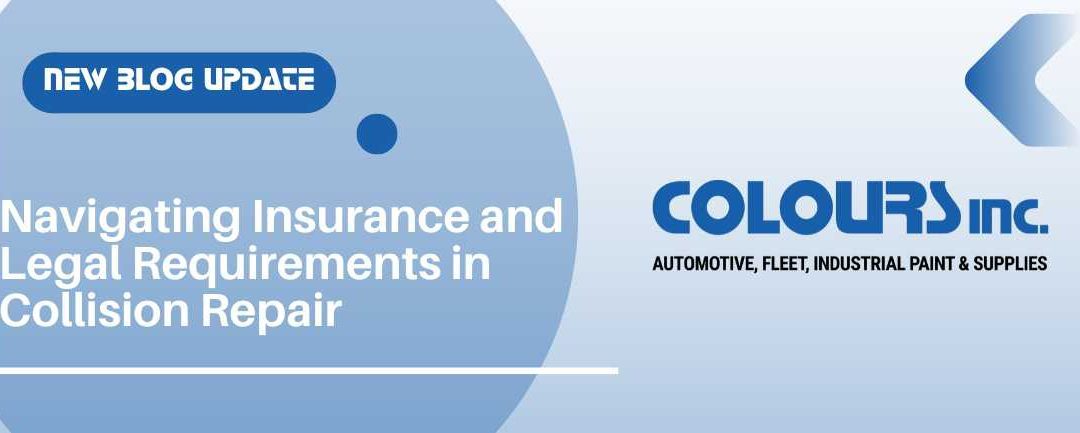Based on an article by Emily Huddleston, FenderBender Magazine, June 2024
In today’s collision repair landscape, it’s more important than ever for body shops to understand and follow consumer protection laws—not only to protect their business, but also to advocate for their customers.
A recent FenderBender article by Emily Huddleston highlights how shops can stay compliant while navigating common challenges from insurers. For example, in states like Illinois, repair facilities are legally required to write their own estimates, receive clear customer consent before doing any work, and avoid tactics that could pressure or mislead customers. Yet insurers often attempt to shortcut these protections by pushing customers to use their own estimates or steering them toward shops within direct repair programs (DRPs).
Attorney Erica Eversman, featured in the article, notes that many shops within these DRP networks aren’t even legally registered—despite being promoted by insurers as “top-quality.” This puts both the customer and the shop at risk. That’s why it’s critical for collision centers to clearly post their policies and communicate with customers about their rights. Shops are not required to accept insurer-written estimates, and customers always have the freedom to choose where their vehicle is repaired.
Another growing concern involves the use of aftermarket parts. Under Illinois’ new law (H.B. 2472), shops must follow OEM repair procedures even when using non-OEM parts. This is especially important because parts like headlamps can lose their certification over time without any notice—potentially creating safety issues and repair liabilities that shops may not be compensated for.
To help shop owners and staff stay current, the Alliance of Automotive Service Providers of Illinois (AASPI) is launching a six-part webinar series covering topics such as the Illinois Collision Repair Act, ADAS-related liability, and post-repair rights. These trainings are designed to help repairers better understand and implement the protections that already exist for both shops and customers.
At the end of the day, transparency, education, and compliance are your best defense. When shops stand firm on legal standards and put customers first, they build stronger relationships and create a safer, more trustworthy repair process.
This post is adapted from the article “How Insurers Jeopardize Repair Quality” by Emily Huddleston, originally published in FenderBender on June 25, 2024. You can read the full article here.
